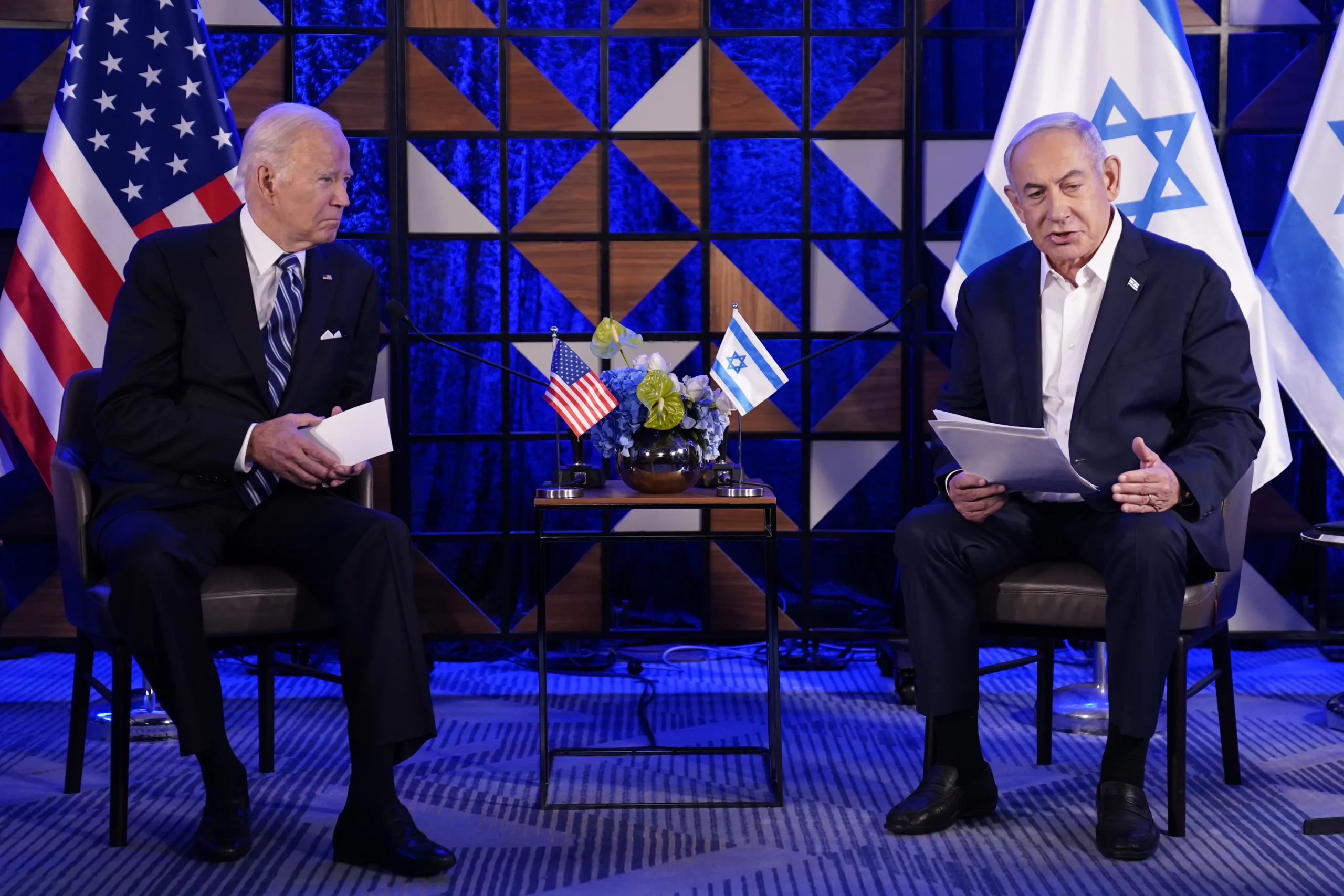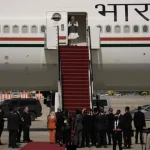

Hamas sent an updated response to the latest ceasefire proposal with Israel a couple of days ago, which represented a “breakthrough on a critical impasse,” according to a senior Biden administration official.
The office of Israeli Prime Minister Benjamin Netanyahu announced Thursday that he had dispatched the Israeli negotiators to meet with mediators in response to Hamas’s updated stance.
Word of Hamas’s latest response broke publicly Wednesday, which was the first news of possible movement since its most recent rejection of the deal President Joe Biden outlined at the end of May.
“I have to say, given the recent developments, we do believe there is a pretty significant opening here, and we welcome the prime minister’s readiness to try to seize that opening by empowering his negotiating team to engage directly in Doha, [Qatar], over coming days in the Oval Office,” the official said. “I think what we got back from Hamas was a pretty significant adjustment to what had been their position, and we think that is encouraging.”
Netanyahu and Biden spoke Thursday about Hamas’s response.
“President Biden and the Prime Minister discussed ongoing efforts to finalize a ceasefire deal together with the release of hostages, as outlined by President Biden and endorsed by the UN Security Council, the G7, and countries around the world,” White House officials said in a readout of the call. “The leaders discussed the recent response received from Hamas. The President welcomed the Prime Minister’s decision to authorize his negotiators to engage with U.S., Qatari, and Egyptian mediators in an effort to close out the deal.”
The official dismissed the possibility that a deal was imminent, saying, “I just want to emphasize this does not mean this deal is going to be closed in a period of days.”
The U.S., Egypt, and Qatar have acted as mediators over the course of the more than eight months of war, though their efforts have remained fruitless, dating back to the one-week ceasefire agreement in late November 2023. There have been several instances in which the negotiations appeared close to a deal this spring, but they have all collapsed.
Israel’s war against Hamas in Gaza has devastated the enclave. Roughly 35,000 people have been killed, and it is unknown how many of them are civilians and how many are combatants, though even Israeli officials indicated earlier this spring that at least half had been civilians. The entire population is facing severe food insecurity, and most of the population has been displaced.
Israeli officials have indicated the war in Gaza is winding down and that much of Hamas has been defeated, though they continue carrying out operations against the group.
The war began after Hamas carried out the largest terrorist attack in Israel’s history on Oct. 7, 2023. Early that morning, more than 1,000 militants overpowered the Israel-Gaza border and poured into southern Israel, where those terrorists proceeded to kill roughly 1,200 people, many of whom were civilians, and kidnapped approximately 250 more.
About 100 hostages were released during the November ceasefire. It is unclear how many of the remaining hostages are still alive.
On May 31, Biden outlined a proposal that Israel had agreed to, which would begin a six-week ceasefire during the first phase of the deal. During that period, Israeli forces would withdraw from population centers in Gaza, the international community would surge humanitarian aid into the strip, and Israel would release a large number of Palestinians detained by Israeli forces. Women, children, and hostages in need of medical care would be released during this time as well.
The deal was widely supported internationally, but Hamas did not agree to it.
The issue that had prevented many previous iterations of ceasefire proposals was whether the agreement would amount to a lasting ceasefire, effectively allowing the portions of Hamas that are still intact to remain that way and potentially reconstitute, or whether Israel would be permitted to have the option to continue its military operations once the first phase ends.
CLICK HERE TO READ MORE FROM THE WASHINGTON EXAMINER
Both leaders welcomed the meeting to take place between their national security teams in the Strategic Consultative Group format on July 15.
Netanyahu is set to address Congress on July 24.





